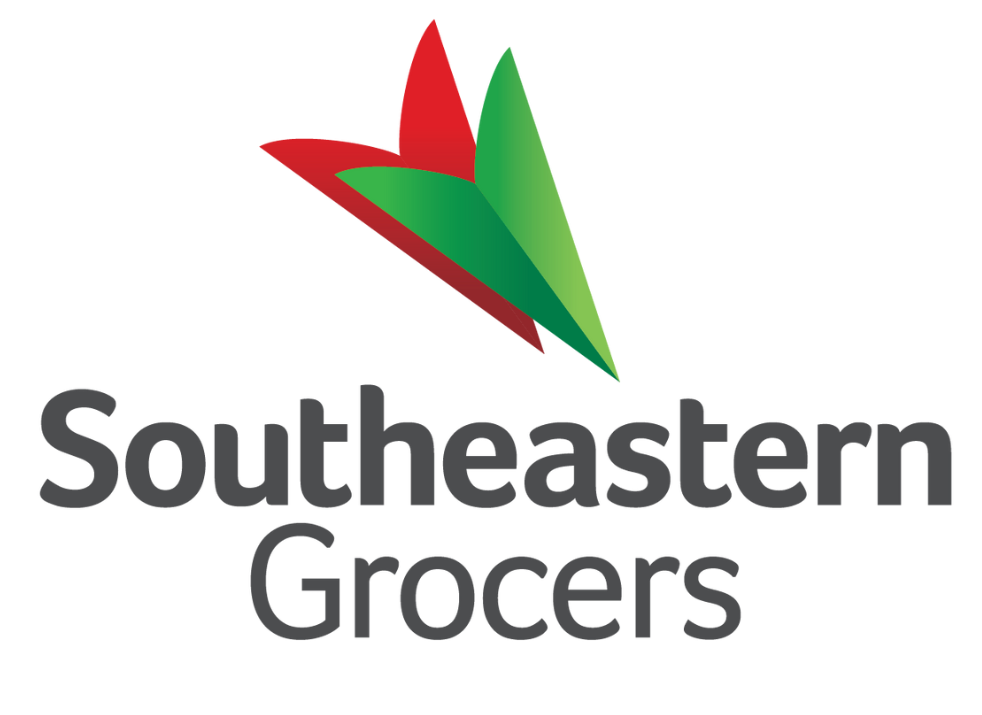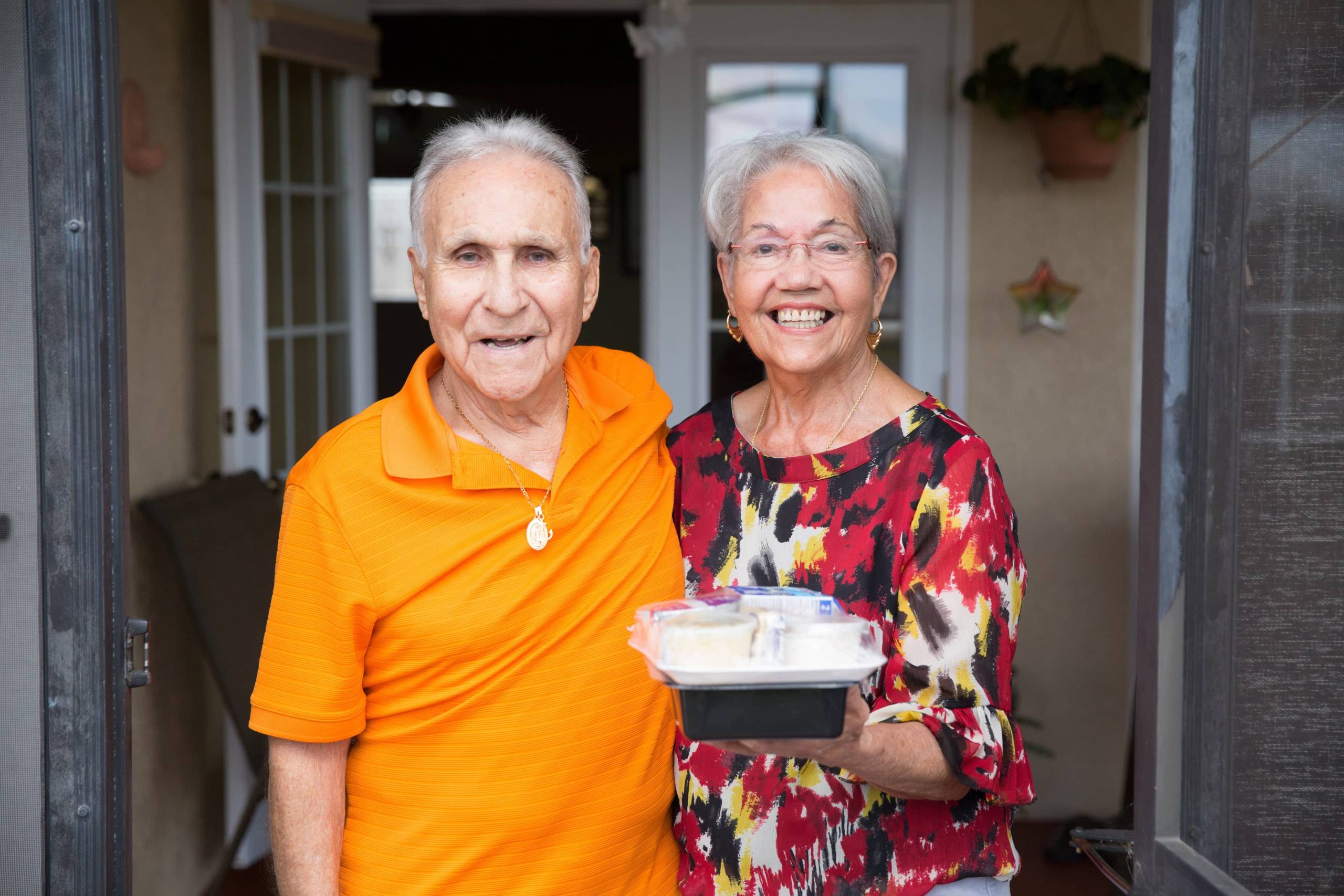In response to an increasing need to address hunger across generations, Meals on Wheels South Florida expanded its mission to serve populations beyond seniors. Winn-Dixie has supported this nonprofit through its Bloomin’ 4 Good and Community Bag Programs and Fresco y Más through its Community Bag Program.
Tell us about Meals on Wheels South Florida.
We were founded in 1984, so we’ve been at it for 36 years. Meals on Wheels South Florida began as, and continues to be, the only federally funded, senior nutrition provider for Broward County in South Florida.
Our mission has evolved somewhat over the years. We’ve always been senior-centric, but we’ve also developed into serving other populations. In 2016, we changed our mission statement to “ending hunger across all ages with kindness, dignity, and compassion.”
The lion’s share, about 85%, of what we do is serving seniors. We provide hot meals in 34 locations throughout Broward County daily for seniors. Anybody 60 years or older can get a hot meal. During Covid, we had to shut down those locations, but they’re slowly coming back online, though operating at lower capacity than they were before. For example, some sites had 250 participants and are now at only 50 to 60. So, it’s a process.
We also have our home-delivered meal program, which is what most people think of when they think of Meals on Wheels. We serve about 2000 clients daily through that program, and our volunteers deliver a week’s worth of frozen meals in a box to our clients every morning. Each of those meals is one-third of the recommended daily intake for a senior.
Our volunteers are our eyes and ears and at the heart of everything we do. We obviously could not do what we do without our 500 volunteers. Every morning, at least 250 of them are out delivering meals. And the relationships our volunteers form with their clients really sets us apart from a Door Dash-type of delivery. We pride ourselves on serving more than a meal. We also connect those clients to the outside world. Those clients are homebound, meaning they can’t leave their homes without some physical assistance. So, our volunteers are often the only people those seniors see in a given week.
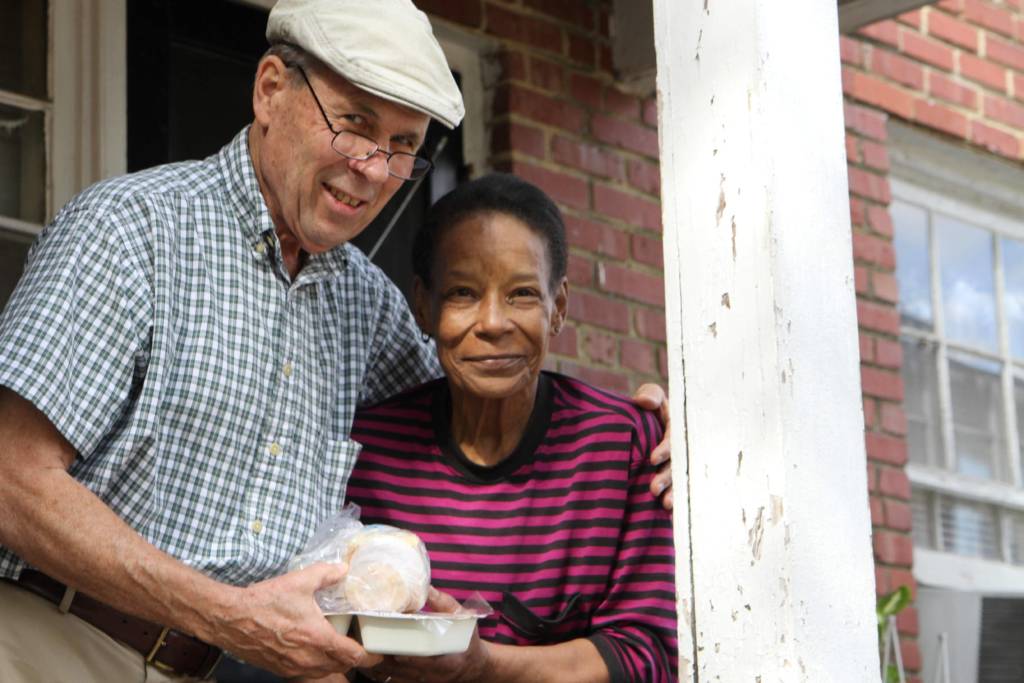
The volunteers report back to us if they see anything that they think we need to address. Our staff members also deliver meals. One client I delivered to had been in the hospital seven times over the course of two months. It turned out she kept falling while trying to get into her bathtub. We removed that bathtub and put in a step-in shower with shower bars; she has not fallen since. That was two years ago.
It’s about the meals but also about all the other things. For example, our volunteers saw that some of the clients we were feeding who had pets were sharing their meals with their pets because they couldn’t afford or couldn’t get dog or cat food.
So, we started our meals program for companion pets. We currently provide 600 seniors with a month’s supply of dog or cat food. We also do in-home veterinary care and grooming because our seniors can’t groom their pets, and they can’t get them to the vet.
And then eight years ago, the Department of Agriculture here in the state of Florida put out a challenge to feed kids during the summer. These are the kids who rely on the school lunch program for what might be the only good meal they get in a day. Since we are the meal experts, we said, let us take a stab at increasing participation in the summer feeding program. We started with ten sites as a pilot project, feeding about 600 kids daily through 10 weeks of summer. Flash forward eight years, and now we’re serving 10,000 kids in 53 sites all summer.
That’s why our mission has grown. Hunger is everywhere, and it’s getting worse now with inflation.
Hunger is everywhere, and it’s getting worse now with inflation.
What sets you apart from other nonprofits in your community?
Senior hunger has been around forever, but I think during the pandemic, people understood what our seniors face daily, being homebound and hungry.
We’ve been addressing senior hunger in South Florida for 36 years and Meals on Wheels, in general, has for 100 years, but nobody else in this arena does what we can do. We have 98% name recognition across the country. The 5,000 Meals on Wheels programs in the United States are finally banding together, not just for name recognition but also for being a social influence. We’re more of a movement now than in previous years because demographics have shifted so much. All the boomers are now in their 60s and 70s. One in six seniors over 60 is at risk of hunger in this country.
People finally realize that nutrition is healthcare; it’s finally taking root. We’ve been singing that song for ages, but people now really understand if you don’t get a healthy meal, you’re not going to stay healthy. So, we’re focusing on integrating with the healthcare system. We’re really taking the front stage in that conversation.
But funds are limited. Seventy-five percent of our budget comes through a federal grant under the Older Americans Act, which turned 50 years old this year. And they haven’t revised all of the regulations in that for the last 40 years. So, we’re also at the forefront of the conversation on those revisions, but it’s still capped. We started our waiting list back in 2013 when the sequestration cuts hit, and at the time, we had over 250 people on the waiting list. Flash forward to today, and we have 1900 people on a waiting list. And as morbid as it sounds, I often say that a large number of those people won’t live to see their first meal delivered. So, we have to rethink how we operate and are taking steps to access additional funding to get those people off our waiting list and get them served.
Please tell us a story that illustrates your organization’s good work.
A retired schoolteacher by the name of Olga called us out of desperation. She is someone who never asked for help; she was always the one that volunteered to help other people.
Olga had real issues with being able to eat. Her dental problems infected her jaw, and she couldn’t chew anything. When she called, we connected her with our registered dietician Alex. He went over to her house and did a full assessment with her to determine what she was eating, what she couldn’t eat and what her challenges were. We also connected her with dentists who could care for some of her dental problems. But in the meantime, we were able to provide her with pureed meals until she could get her dental work done. She had lost a lot of weight and needed to get some calories. So, we were able to give her pureed meals and liquid supplements like Boost to get her weight back up.
Olga had not left the house in ages; she couldn’t even remember the last time she did. She got her teeth fixed, and then we switched her back to regular meals. When her strength returned and Olga could go out, we suggested she attend one of our congregate dining sites near her home. We arranged transportation for her to get there to try it out, and she just loved it! Now she goes there every day, Monday through Friday, and she’s got all kinds of friends there that she looks forward to seeing. So, her life was transformed.
What is your most outstanding achievement or contribution to the community?
I’ve been in nonprofit management for 35 years in various shapes and forms, and I’ve never seen a volunteer pool like the one we have that is so committed. Even during the effects of Hurricane Ian here in southeast Florida, our volunteers refused not to deliver. They were all out there bright and early, just like they always are, delivering those meals because their clients needed them. We made sure that every delivery made it through the storm.
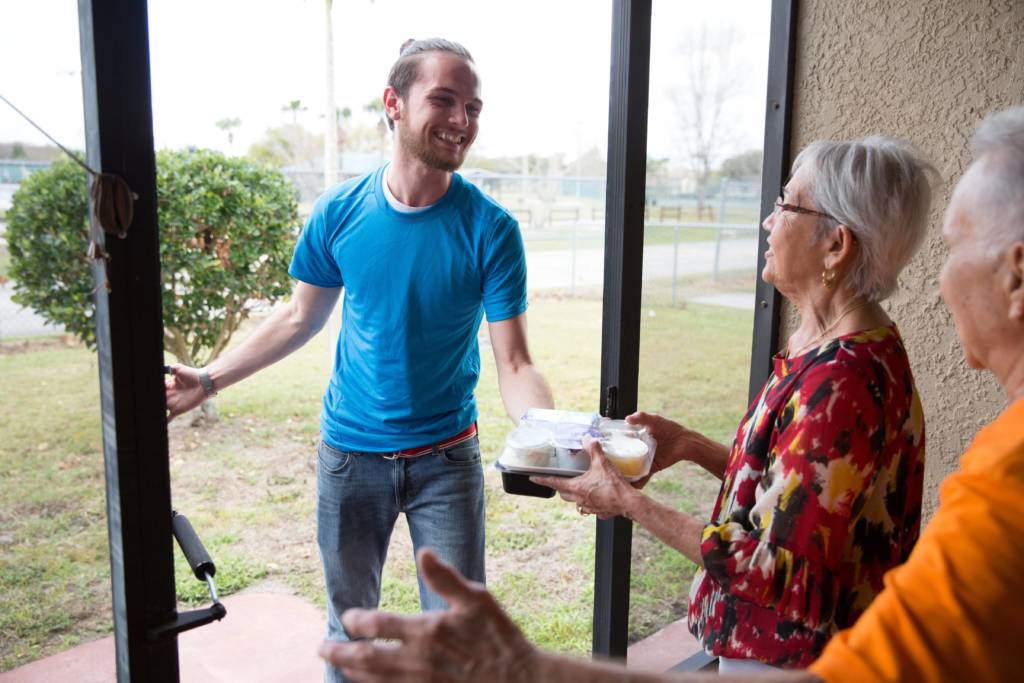
What do you want people to know about Meals on Wheels South Florida?
It’s important for everyone to understand there are so many unmet needs in our society. Meals on Wheels South Florida fills a piece of that. But I think that when people look at seniors as being homebound and hungry, that’s something nobody wants to see or experience or even hear about because it is so depressing. But I think we’re all closer to that than we care to realize. We could all end up in that situation with one accident, one fall or one broken bone.
I think people need to understand better what older adults have to offer to all of us as they’re aging in place. They’ve got great life stories, experiences and knowledge that I don’t think we cherish in this country as is in some other countries. The idea of aging and respecting and supporting those people who got us to where we are is something that really needs to be elevated.
It’s important for everyone to understand there are so many unmet needs in our society.
How will you use the funds raised from the Bloomin’ 4 Good and Community Bag programs?
When the funds come in from the Bloomin’ 4 Good and Community Bag programs, we put them into a reserve where we can serve meals to people who would otherwise be stuck on the waiting list. We’re able to provide the most desperately in need with meals until they can get off the waiting list.
Here’s a good example. There was a woman who was the caregiver for her bedbound husband. She fell and broke her hip; when she got out of the hospital, she was also bedbound. He was able to receive meals through his Medicaid-managed long-term care, but she couldn’t get any meals and couldn’t stand up to fix her meals; she was desperate. We provided her with a weekly delivery of meals that her aid could heat up for her when she needed them. She was able to get better over about five weeks, and then she could get out of bed and take care of her husband again. If she hadn’t received the nutrition from Meals on Wheels, she would not have been able to recuperate so quickly.
Is there anything you would like to add?
I think the Community Bag and Bloomin’ 4 Good programs are fantastic and great ways for people to learn about us. I shop at Fresco y Más, and I’ve seen it in action. At the checkout stand, people asked who benefited from this program, and the cashier knew Meals on Wheels was one of the beneficiaries. Having frontline people in the stores be able to tell what this is all about is amazing. It speaks volumes about the management of the store. Seeing it firsthand was pretty cool!
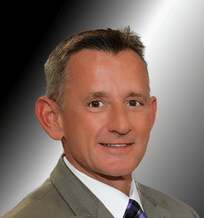
Mark Adler is Executive Director of Meals on Wheels South Florida. He has led the organization in this capacity since January 2013.
